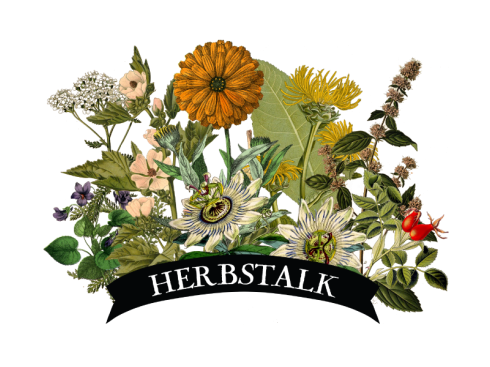|
Submitted by Jenny Hauf of Allandale Farm. We’ve arrived at a point in human history where the majority of us live in cities. It can be easy, especially in this monochromatic season of winter, to see our metropolitan setting for only the breathless materials that surround us: asphalt, mortar, aluminum and brick. This environment, seemingly devoid of life, can threaten to overwhelm us. However, if we adjust our perception it gradually becomes apparent that fecund tenacity bursts everywhere within our cities. That exuberance presents itself in wild plants and animals, and also through the caring hands of the world’s millions of urban gardeners. This article is the first in a series aimed at helping the city dweller create and nurture an herb garden; one’s own temple of living urban beauty. Be it in a crate on the fire escape or in beds of geometric symmetry in the backyard, the healing powers of herbs transform ourselves and our environment. The idea of urban gardening can appear restrictive. However, cosmopolitan gardens have proven to be ideal palettes for botanical beauty and creativity. I heartily believe that everyone can have an herb garden. If you are interested in growing your own there are some simple steps you can take now to prepare for the glories of spring planting. First, consider the space available to you in which to grow your herbs. You’ll either be growing your garden in the earth or in containers—old bathtubs, wooden pallets, clay pots, et cetera. If you’re hoping to grow plants in the ground take a survey of your site’s soil. The best way to do this is to take a sample during a thaw and send it to a lab. (My Boston soil is tested at UMass.) Soil testing is especially important in urban areas due to the presence of lead and other contaminants. It is also useful for understanding the chemical, elemental, and organic makeup of your garden, and for determining your soil pH. (Most herbs will grow well in pH levels between 6.5 and 7.) For more information on healthy soil for growing herbs, click here. Next, consider how your garden is lit. Is it sunny? And if it is now, in February, will it remain so in July? Take into account surrounding trees (which will eventually leaf out), buildings, and anything else that may keep the sun from reaching your garden. Remember that the slant of the sun changes throughout the seasons, and also note the direction that your garden faces; if an oak is at its north end but the garden is free from obstructions in the south, the location should do just fine. Most herbs like to grow in “full sun,” which is defined as at least six hours of direct sunlight. However, if you do not have sunny areas to work with don’t fret—there are herbs that will grow well in partial and even full shade. Lastly, you’ll want to start dreaming and scheming about what it is that you’d like to grow. We’ll dive deeper into this subject next time, but for now consider what you’re hoping to get out of your plantings: teas? Salves? Culinary seasonings? Acquaint yourself with your growing zone, which generally dictates what you can grow naturally out-of-doors. Pour over seed catalogues like Horizon and research different types of herbal and urban gardens (many of which I’ve collected on here). And go to the library! Some great books to look up are: Homegrown Herbs: A Complete Guide to Growing, Using, and Enjoying More than 100 Herbs McGee & Stuckey’s Bountiful Container: Create Container Gardens of Vegetables, Herbs, Fruits, and Edible Flowers Fresh Food from Small Spaces: The Square-Inch Gardener’s Guide to Year-Round Growing, Fermenting, and Sprouting. See you next month—four weeks closer to spring!  Jenny Hauf is a medicinal herb grower and writer living in Boston. She began using herbal medicine a decade ago, and has been tending to herbs on farms and gardens since 2006. Jennifer is the herb grower at Allandale Farm, and when not elbow-deep in dirt she writes about urban ecology at her blog, Spokes and Petals, spins wool and bicycle tires, and occasionally hammers out a tune on her banjo. She is also available for gardening consultations, workshops, and freelance work. Comments are closed.
|
Archives
November 2023
Categories
All
|

 RSS Feed
RSS Feed